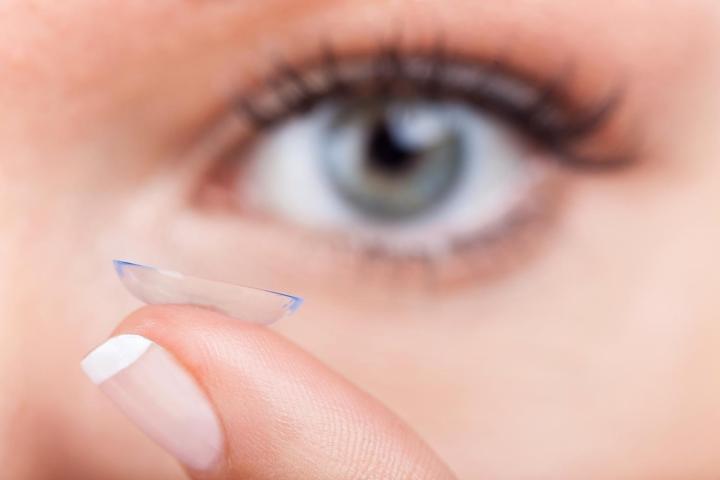
Now, there’s an effort to create a contact lens capable of delivering doses of medication to the eye over a prolonged period of time.
“There are data to prove that 50 percent of patients given eye drops for glaucoma will stop taking them,” Dr. Joseph Ciolino, an ophthalmologist at Massachusetts Eye and Ear and an assistant professor at Harvard Medical School, told Digital Trends. “We’re trying to unburden them of that obligation. It’s one more thing people don’t have to remember, a hassle they don’t necessarily have to deal with.” Ciolino is involved with the effort to create the new type of contact lens.
The idea of smart contact lenses is something a number of companies and organizations have been working on. Google, for example, has announced a contact lens project aimed at assisting diabetes patients by constantly measuring the glucose levels in their tears. The work carried out by Ciolino and colleague Dr. Daniel Kohane, director of the Laboratory for Biomaterials and Drug Delivery at Boston Children’s Hospital, is different in that it is more concerned with drug delivery than diagnosis.
The contact lens they created contains a thin film of polymer-encapsulated drug; the polymer controls the speed at which the drug is released. Since the drug film is only on the periphery of the lens, it has no negative impact on the wearer’s ability to see, and still allows the eye to breathe or hydrate properly.
Right now, the lenses have been successfully demonstrated in animal trials using a range of drugs. “We have shown that our contact lenses work with a range of drug types, including antibiotics, antifungals, anti-inflammatories, and glaucoma drugs,” Kohane told Digital Trends.
Editors' Recommendations
- These stylish smart sunglasses shade your eyes with adjustable tinted lenses
- Cyborg-style smart contact lenses promise to correct vision problems
- Your wearables can soon help contact trace coronavirus outbreaks
- Fridge Eye camera adds smart features to your fridge or cabinets at a low price


